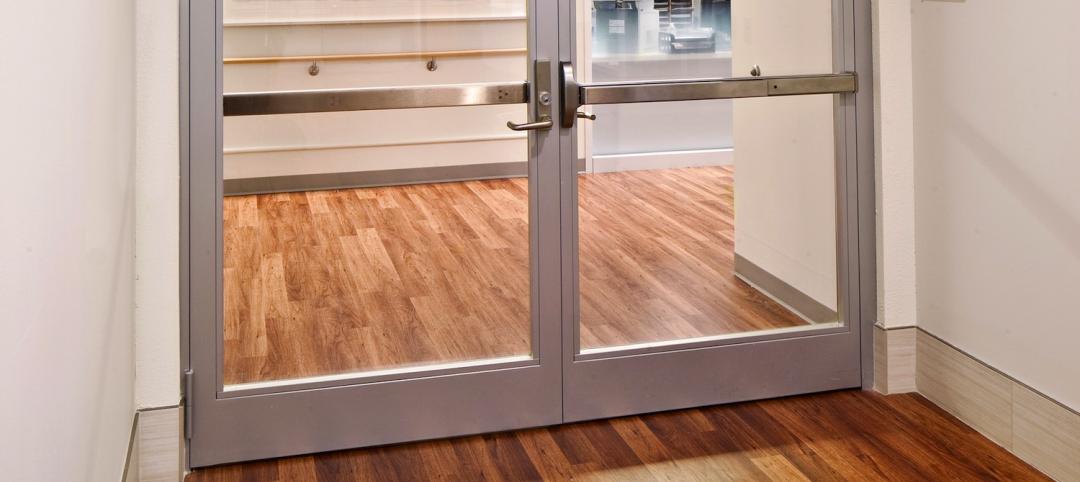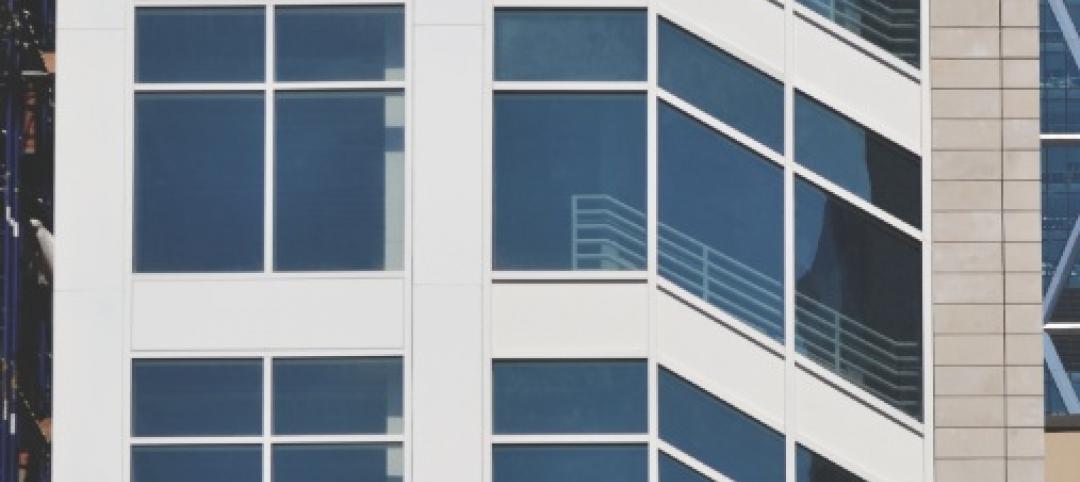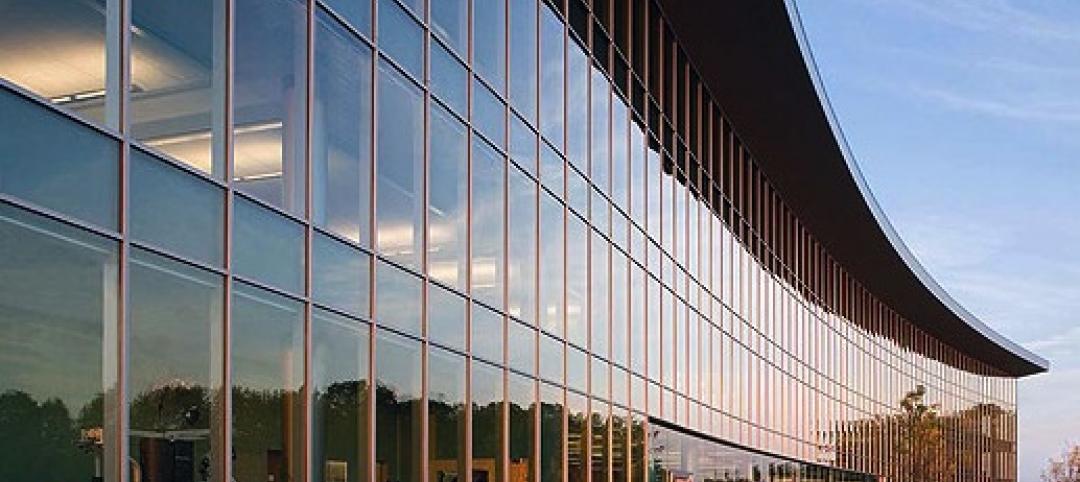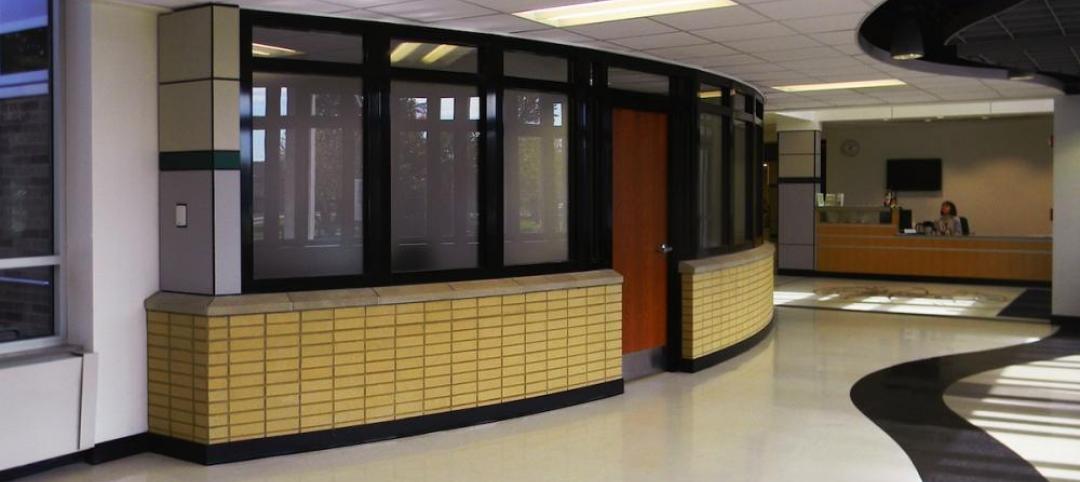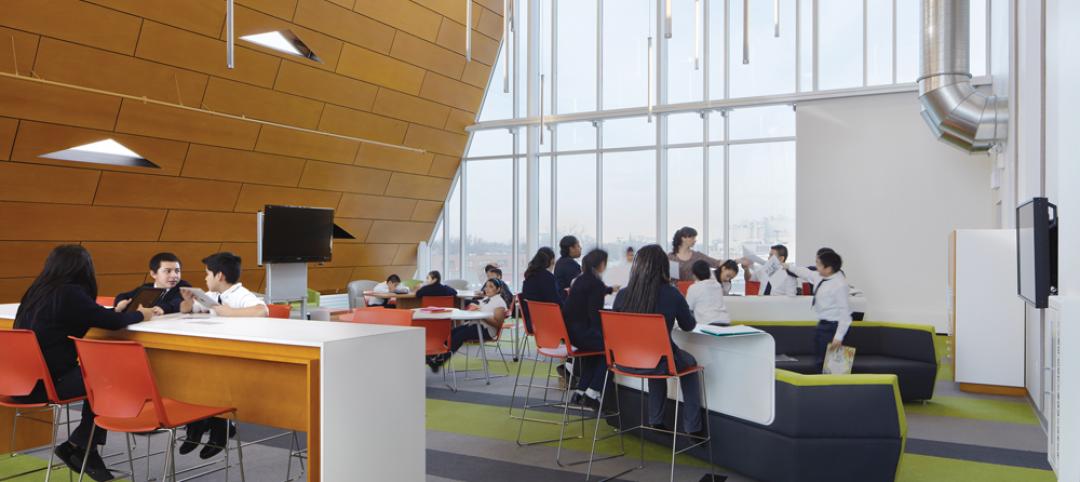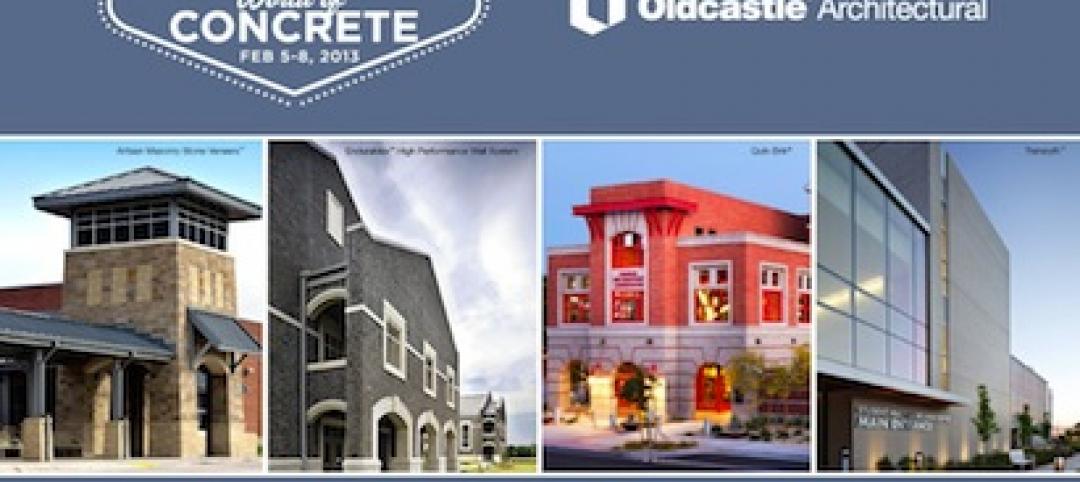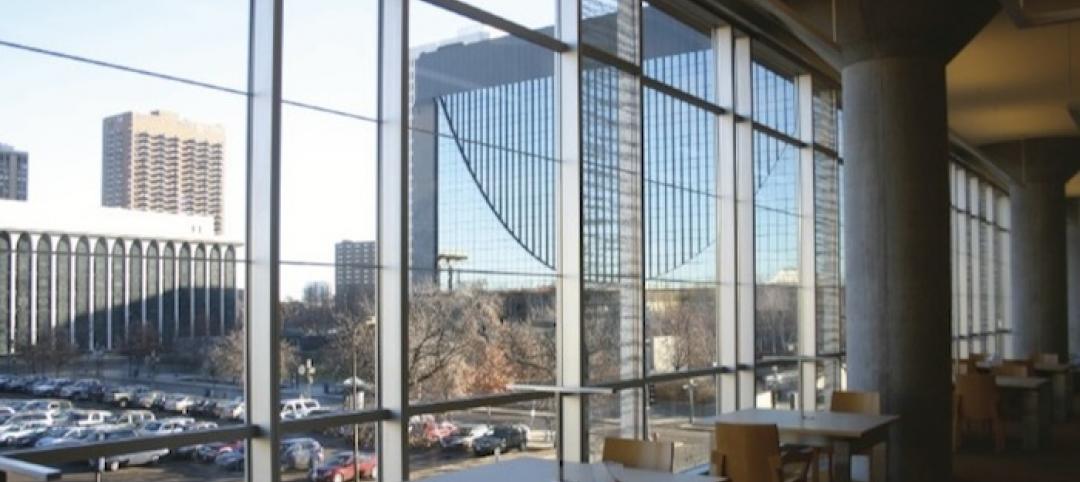Metal roofing and wall systems of insulated metal panels, or IMPs, have been shown to provide exceptionally durable, energy-efficient and sustainable enclosures. The systems typically have a thick layer of polyisocyanurate insulation protected by metal sheathing on one or both sides, creating an effective air and moisture barrier with good thermal resistance. Recent studies and field evidence, however, have shown that coupling these opaque roof and envelope systems with integrated daylighting and electrical lighting systems -- in particular, with skylights, windows and translucent panels -- contribute to enhanced occupant experience and improved overall building performance.
As recently as a decade ago, applications of skylights and other daylighting products were considered costly and required extensive detailing and coordination among various building trades. Early skylight designs often also displayed poor U-factor. In the last few years, however, skylight assemblies are significantly improved, with more effective seals and thermal breaks as well as better thermal performance.
Today in the nonresidential building industry, a range of novel daylighting products and technologies have been introduced in recent years that facilitate the uncomplicated and proper deployment of natural illumination for a range of occupancies. These include pre-engineered, integrated metal envelope and roof solutions with compatible curbless skylights, light tubes, pan-type prismatic skylights, automated dimming controls for lighting, motorized shades, and other components.
These systems also take advantage of new tools to maximize daylighting effectiveness while also maintain the envelope’s barrier and thermal performance. For example, the effectiveness of conventional flat skylights has been eclipsed by the newer domed and pan-type units with prismatic embossing, which refracts and directs two to four times as much illumination into the indoor spaces when solar incidence angles are more acute, such as in the early morning and late in the day. These prismatic elements also help eliminate “hot spots” and reduce glare and ultraviolet (UV) deterioration from daylighting...
We hope you enjoyed this preview. Click here to receive a full, free copy in your inbox!
Related Stories
| Sep 26, 2013
Literature review affirms benefits of daylighting, architectural glazing
The use of glass as a building material positively impacts learning, healing, productivity and well-being, according to a white paper published by Guardian Industries and the University of Michigan Taubman College of Architecture and Urban Planning. The findings highlight the significant influence daylighting and outside views have on employees, workers, students, consumers and patients.
| Jul 23, 2013
Clearly Protective: Glazing for Life Safety at Seidman Cancer Center
Design team turns to fire-rated glazing for interior doors to give access to natural light, patient privacy and clear wayfinding throughout the building.
| Jun 24, 2013
NYC historical landmark features USA-made 2-hour fire resistive curtain wall
Midtown Community Court, designated as a New York Historic Landmark, embarked on an $18 million renovation. However, the building’s south-facing elevation was in close proximity to the property line. Not wanting to sacrifice natural daylight and views to the outside, the architects specified SuperLite II-XL 120 IGU in SAFTIfire CW Framing for the 2-hour fire resistive curtain wall.
| May 17, 2013
5 things AEC pros need to know about low-e glass
Low-emissivity glasses are critical to making today’s buildings brighter, more energy-efficient, and more sustainable. Here are five tips to help AEC professionals understand the differences among low-e glasses and their impact on building performance.
| May 8, 2013
Preventable curtain wall failures - AIA/CES course
In many cases, curtain wall failures are caused by fairly simple errors that occur during the fabrication and installation process. This presentation will highlight common errors and when they typically occur.
| Apr 30, 2013
Tips for designing with fire rated glass - AIA/CES course
Kate Steel of Steel Consulting Services offers tips and advice for choosing the correct code-compliant glazing product for every fire-rated application. This BD+C University class is worth 1.0 AIA LU/HSW.
| Apr 10, 2013
23 things you need to know about charter schools
Charter schools are growing like Topsy. But don’t jump on board unless you know what you’re getting into.
| Apr 8, 2013
Oldcastle Architectural acquires Expocrete Concrete Products
Oldcastle® Architectural has acquired Expocrete Concrete Products Ltd., giving North America’s largest producer of concrete masonry and hardscape products an increased presence in the high-growth region of western Canada.
| Apr 8, 2013
Most daylight harvesting schemes fall short of performance goals, says study
Analysis of daylighting control systems in 20 office and public spaces shows that while the automatic daylighting harvesting schemes are helping to reduce lighting energy, most are not achieving optimal performance, according to a new study by the Energy Center of Wisconsin.
| Mar 27, 2013
Small but mighty: Berkeley public library’s net-zero gem
The Building Team for Berkeley, Calif.’s new 9,500-sf West Branch library aims to achieve net-zero—and possibly net-positive—energy performance with the help of clever passive design techniques.


